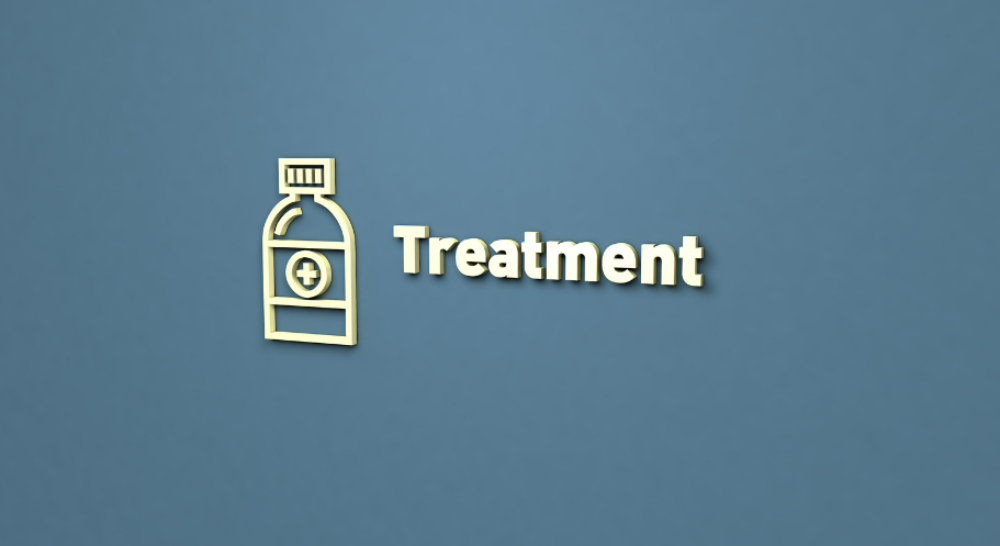EHR Implementation Strategies for Seamless Addiction Treatment Workflows
Electronic Health Records (EHR) have revolutionized the way healthcare providers manage and deliver care. One area that has notably benefited from EHR solutions is addiction treatment. By adopting seamless workflows and comprehensive EHR solutions for addiction, healthcare providers can significantly improve patient outcomes, enhance communication, and streamline their operations. In this article, we will explore some key EHR implementation strategies that can help healthcare providers achieve these goals.
Seamless Workflow Design
A well-designed workflow is essential for efficient and effective addiction treatment. EHR systems can facilitate seamless workflows by automating tasks, reducing manual data entry, and providing real-time access to patient information. When implementing an EHR system for addiction treatment, healthcare providers should carefully consider their current workflows and identify areas that can be improved.
One key aspect of seamless workflow design is interconnectivity. EHR systems should be able to integrate with other healthcare technologies, such as electronic prescribing and laboratory information techniques. This allows healthcare providers to have a comprehensive view of the patient’s health information and make informed decisions.
Comprehensive Documentation
Documentation is a crucial aspect of addiction treatment as it ensures continuity of care and helps healthcare providers track progress over time. EHR systems provide healthcare providers with a comprehensive platform for documenting patient information, including treatment plans, progress notes, and medication lists.
To ensure seamless addiction treatment workflows, documentation in EHRs should be standardized and user-friendly. This makes it easier for healthcare providers to input and retrieve information quickly, reducing the risk of errors and improving overall efficiency.
Real-Time Communication
Effective communication is vital for coordinated and timely addiction treatment. EHR systems facilitate real-time communication between healthcare providers, patients, and other stakeholders involved in a patient’s care.
Through secure messaging and telehealth capabilities, EHRs enable healthcare providers to collaborate on treatment plans, share important updates with patients, and communicate with external providers or organizations involved in the patient’s care. It enhances coordination and improves the overall quality of addiction treatment.
Customized Reporting
Data is a powerful tool in addiction treatment, and knowing how to use EHR/EMR to improve patient safety can go a long way in ensuring success. EHR systems provide customizable reporting features that allow healthcare providers to track key performance indicators, determine areas for improvement, and make data-driven decisions.
By utilizing these reporting capabilities, healthcare providers can monitor treatment outcomes, measure the effectiveness of interventions, and make necessary adjustments to improve patient care continually. This contributes to the overall success of addiction treatment.
Ongoing Training and Support
Successful EHR implementation for addiction treatment requires ongoing training and support for healthcare providers. This is especially important for ensuring the seamless adoption of new workflows and features as technology continues to evolve.
Healthcare providers should invest in comprehensive training programs that cover all aspects of EHR use, including data security and privacy. This not only ensures that healthcare providers are utilizing the system to its fullest potential but also helps them stay updated on any changes or updates.
In addition to training, ongoing technical and customer support is crucial for troubleshooting issues and addressing any concerns that may arise during EHR implementation. With proper training and support, healthcare providers can maximize the benefits of EHR systems and achieve seamless addiction treatment workflows.
To Sum Up
Implementing an EHR solution specifically designed for addiction treatment workflows can significantly improve patient outcomes and streamline operations. By identifying your organization’s needs, the EHR software switch can help healthcare providers achieve better care coordination, enhanced patient engagement, and comprehensive medication management. With careful planning, seamless workflow design, and ongoing support and training, healthcare providers can successfully implement EHR solutions for addiction treatment and provide high-quality care to patients in need.







